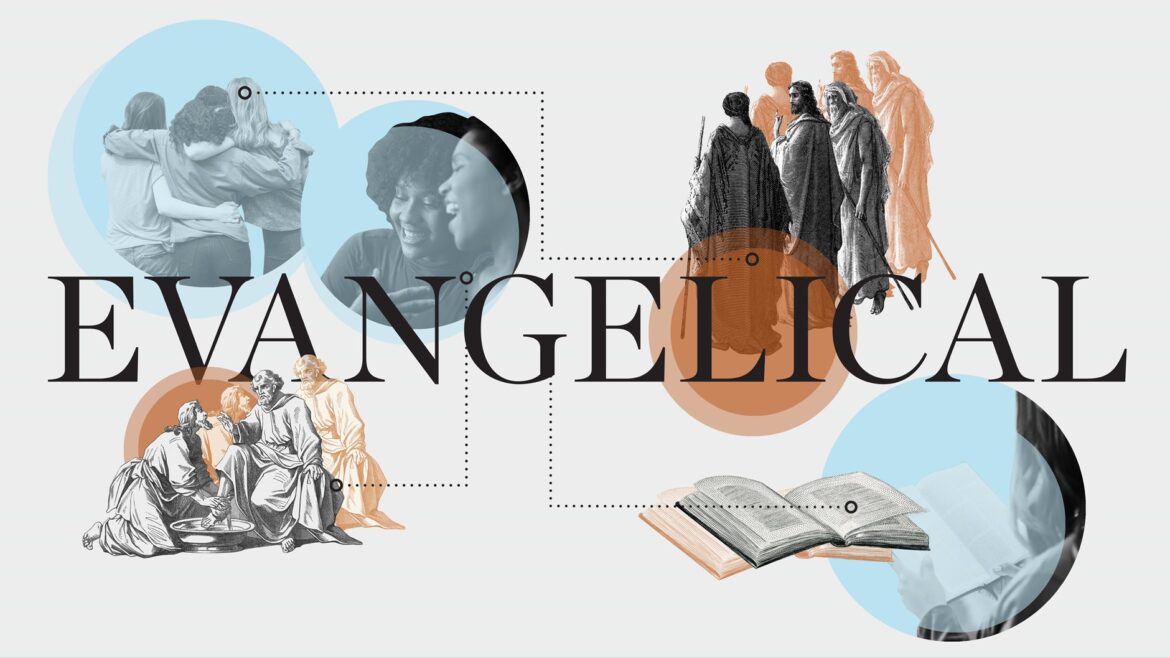The Evangelical Lutheran Church in America (ELCA) stands as a significant tapestry woven into the larger fabric of American Christianity, embodying a rich tradition replete with faith practices and outreach initiatives. This denomination, formed in 1988 through the consolidation of three Lutheran bodies, serves as a profound testament to the adaptability and resilience of faith in a contemporary context. The journey of the ELCA is marked by a commitment to inclusivity, social justice, and a deep engagement with the world around it.
At the heart of the ELCA’s identity is its profound understanding of grace. Grace, that foundational tenet of Lutheran theology, extends beyond mere acceptance; it is an invitation to participate in a life of faith that actively responds to the needs of the community. This understanding is not merely abstract; it manifests through various faith practices that embrace tradition while encouraging innovation. Worship in ELCA congregations is an intricate dance where liturgy and contemporary expressions harmoniously converge. Sacred spaces are adorned with a blend of time-honored rituals and modern elements, fostering an environment where the divine is both transcendent and immanent.
The ELCA’s commitment to outreach distinguishes it within the broader ecumenical landscape. Much like a river that branches out into multiple tributaries, ELCA outreach initiatives channel the love of Christ into diverse communities. These initiatives range from local food drives to international mission work, demonstrating a comprehensive approach to service. The congregation becomes a vessel through which compassion flows, meeting the physical, emotional, and spiritual needs of individuals regardless of their backgrounds. The church’s call is not to merely preach but to embody the gospel.
One notable aspect of ELCA outreach is its advocacy for social justice, a reflection of the church’s larger mission to serve its neighbor in both word and deed. Through various ministries, the ELCA delves into the complexities of social issues, advocating for marginalized voices, criminal justice reform, and the care of creation. This engagement often resembles a symphony—the church’s voice blending with those who are traditionally silenced, creating a resonant cry for justice that demands attention. Such advocacy is not a mere addendum to the faith but an integral part of what it means to be a follower of Christ in these times.
The theological underpinnings that guide the ELCA’s mission and outreach are manifold, but they can be distilled into a few salient themes. Central to the Lutheran tradition is the belief in the priesthood of all believers. This concept empowers each member to engage in ministry beyond the walls of the church, nurturing a sense of stewardship over creation and community. Accountable grace encourages believers to extend openness and understanding to one another, fostering a culture where diverse opinions are not just tolerated but respected. This principle is vital in a society that often finds itself at odds with differing perspectives.
In its essence, the ELCA is also marked by its dedication to education—a pillar that supports both personal and communal faith practices. The church emphasizes the importance of theological literacy, recognizing that understanding Scripture and tradition enriches both personal faith and collective action. Educational initiatives, ranging from Sunday school to theological seminars, aim to equip congregants with the tools needed to navigate the complexities of a faith that seeks to respond meaningfully to contemporary challenges.
Moreover, the ELCA exemplifies a robust commitment to interfaith dialogue, setting a precedent for inclusivity in a polarized world. Recognizing the shared humanity among different faith traditions, the ELCA engages with other religious communities, fostering mutual respect and collaborative efforts toward common goals. This willingness to engage in dialogue serves as a bridge, allowing for the exchange of ideas and the cultivation of relationships that transcend traditional denominational boundaries.
The unique appeal of the ELCA lies in its ability to remain grounded in tradition while evolving to meet the needs of a changing world. The church is like a tree whose roots run deep into the soil of Lutheran heritage while its branches stretch toward the sky, reaching out in service and love. The ELCA embodies a faith that encourages inquiry and exploration, inviting individuals to ask questions and wrestle with doubts, rather than offering simplistic answers devoid of depth. This journey of exploration fosters a vibrant faith life rich with learning and growth.
Engagement in local communities speaks volumes to the ELCA’s dedication to outreach. Churches often initiate programs that address pressing societal issues such as homelessness, education disparities, and healthcare accessibility. In a society fragmented by division, these initiatives serve as a cohesive force, bringing together individuals from varying walks of life to work toward common objectives. The church thus becomes a beacon of hope, illuminating paths toward justice and equity.
The ELCA’s approach to outreach and faith practice is a dynamic model for contemporary Christianity. By balancing a commitment to Scripture with an acute awareness of social realities, the church invites all to journey together in faith, action, and mutual support. The ELCA exemplifies a church called to action—a community imbued with the spirit of service, compassion, and unyielding love. In this way, the ELCA not only nurtures its members but extends its arms to a broader world in desperate need of grace, authentic connection, and transformative love.
Thus, the Evangelical Lutheran Church in America emerges not just as a denomination but as a vibrant participant in the narrative of faith in action. It is a testament to the enduring power of faith to inspire, challenge, and transform, echoing the eternal call to love thy neighbor and serve the world with joy and commitment.



